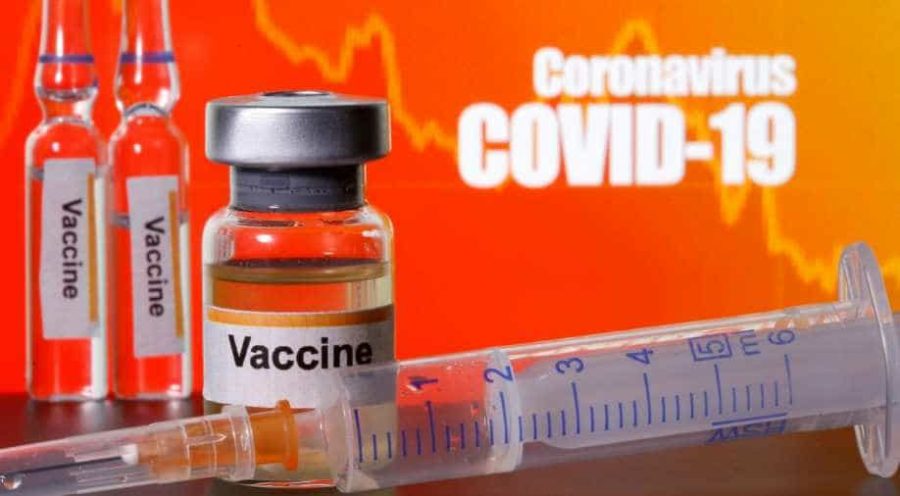THE Oxford adenovirus Covid-19
vaccine is safe and elicits signifi
cant immune responses in study volunteers.
Among the myriad of vaccine candidates that researchers across the globe are developing to stop the spread of the new coronavirus, SARS-CoV-2, the Oxford vaccine has already garnered significant attention.
The vaccine, which the researchers call ChAdOx1 nCoV-19 but many refer to as the Oxford vaccine, uses a weakened adenovirus from chimpanzees.
The researchers previously demonstrated that the vaccine could protect rhesus macaques on subsequent exposure to the new coronavirus. This research has not been through full peer review yet.
A further study, which has also not undergone peer review yet, indicated that pigs were able to produce neutralizing antibodies to SARS-CoV-2, in addition to showing T cell responses. A second booster shot led to an enhanced antibody response, the authors write.
The latest results show that the vaccine is safe in humans and that it also produces a measurable immune response. Experts have reacted with cautious enthusiasm to the preliminary findings.
For their study, the researchers recruited 1,077 volunteers at five study sites across the UK, half of whom received the Oxford vaccine while the other half received a meningitis vaccine, which served as the control.
The quantity of antibodies that the team measured peaked 28 days after injection and remained elevated at 56 days.
DOES SUGAR MAKE CHILDREN HYPERACTIVE? When children indulge in sugary foods, they turn feral and bounce off every available surface. This is, as most parents can attest, a fact. we ask whether this common knowledge holds up to scientific scrutiny.
You are at a party, and there are around 20 children, aged 3–6. The noise is deafening and the candy bowls are empty. Screams of joy fill the air as parents marvel at their offspring’s sugar-induced bedlam.
But what does the science say? Does sugar increase the risk of hyperactivity in children? Perhaps surprisingly, the data says “probably not.” This will come as a surprise to anyone who has attended a gathering of children where sweet treats are available, so let’s dive into the evidence, or lack thereof.
The question of whether sugar influences children’s behavior started to generate interest in the 1990s, and a flurry of studies ensued. In analysis that combed through the findings of 23 experiments across 16 scientific papers.










